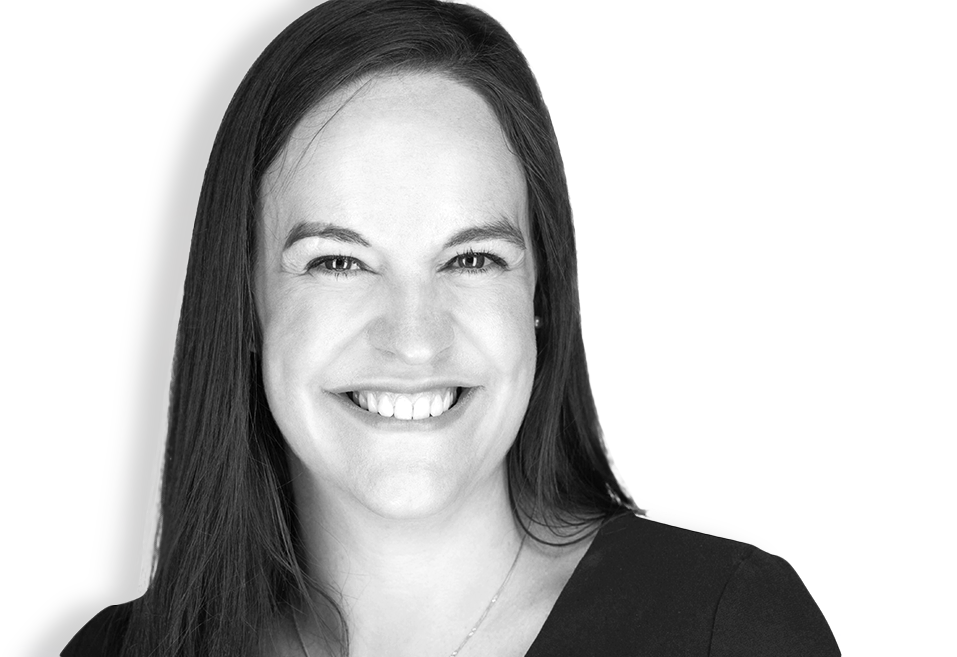It’s a privilege for myself and the team in Barden, Ireland’s leading Talent Advisory & Recruitment Firm, to have partnered for the 6th year with the Leinster Society on this key publication for Chartered Accountants Ireland and its members.
In Barden, data informs all our decisions and underpins the range of talent advisory and recruitment services we provide to our customers nationally. Accurate, verifiable data on extrinsic and intrinsic reward for accountants in Ireland does not exist in any other form outside the Leinster Society Salary Survey, which is what makes this publication so important, and why it is something that we are very proud to be a part of creating.
Despite the backdrop of almost constant uncertainty over the past 12 months, the demand for accounting talent seen in 2022 continued almost unabated. Companies, large and small, have struggled in many instances to attract accounting talent, something that has been felt most acutely at the 0-5 years PQE level. The long tail of the pandemic is most certainly a factor with a material percentage of Chartered Accountants at this level opting for time overseas rather than opportunity in the local market. The domino effect has resulted in key gaps in many finance teams and a reduced supply of relevant talent in the local market. It’s no surprise then that the highest growth in salaries has been seen at this level also.
Ultimately this kink in the system will resolve itself, but it could be another 12-18 months before we see better equilibrium between supply of and demand for accounting talent at this level.
Accurate data on reward can create competitive advantage for those who chose to use it, especially in times such as these. In Barden we hope that this publication will help you have more constructive conversations internally, help you craft competitive reward structures to aid talent retention and to understand what is required when looking to attract talent externally.
Some of the highlights from the 2023 Salary Survey include:
- Almost 90% of members have had total remuneration increases in the last 2 years, with 40% claiming increases of over 25% in the past two years.
- 10% of members are working fully remotely, while 75% of members have hybrid working arrangements.
- 50% of members have been promoted in the last 3 years; with 20% having moved jobs in the last 12 months.
Emerging Trends Of Note
This year’s survey examined a number of different areas that are likely of critical concern to leadership teams and HR alike.
Some of the key takeaways include:
Hybrid working: The pattern established in 2022 has become embedded in the system during 2023, with 75% (+2% on 2022) of members now enjoying hybrid working arrangements. The number of members working remotely has dropped to 10% (-3%). Hybrid working is here to stay. Companies that mandate 5 days in the office have been, and will continue to be, at a significant competitive disadvantage when trying to attract accounting talent. To mandate 5 days in the office is to effectively reduce the talent pool available to you by 85%.
Talent retention and attraction: 20% of respondents moved jobs in the last 12 months which is 20% lower than the 25% that moved jobs in 2022. Uncertainty creates the perception of risk which is never a good thing when it comes to the supply of talent. This tallies with a drop (79% in 2022 vs 69% in 2023) in the number of members that view the market as buoyant. This is good news with regard to talent retention, but it is further compounding the challenges with talent attraction.
Benefits: the survey revealed a number of consistencies when it comes to benefits that companies provide which could be useful for benchmarking purposes. Headlines include 1) average of 25 days leave, 2) 88% provide a pension (up 10% on 2022) with an average employer contribution of 9% and 3) pension was cited as the most important element of non-salary extrinsic reward.
A final observation relates to the fact that almost 40% of respondents cited a gender pay gap in their organisation, with just under 60% being unaware of what gender pay gap their organisation reported this year. While these number might appear to be low, they represent a definite increase of awareness on previous years around Gender Pay Gap reporting, but with more work to be done.
Thank you to all of the approximately 1,000 members who completed this survey to allow us to collate these interesting findings, and of course, to team in Chartered Accountants Ireland and the Leinster Society of Chartered Accountants for all of their help and support in the creation of this publication. We sincerely hope that these findings will help companies across Leinster make more informed decisions about attracting and retaining accounting talent and help individuals
understand the value the market puts on their skills and their experience.
To view the full results of the Salary Survey 2023 click here.


 Jump Back
Jump Back

